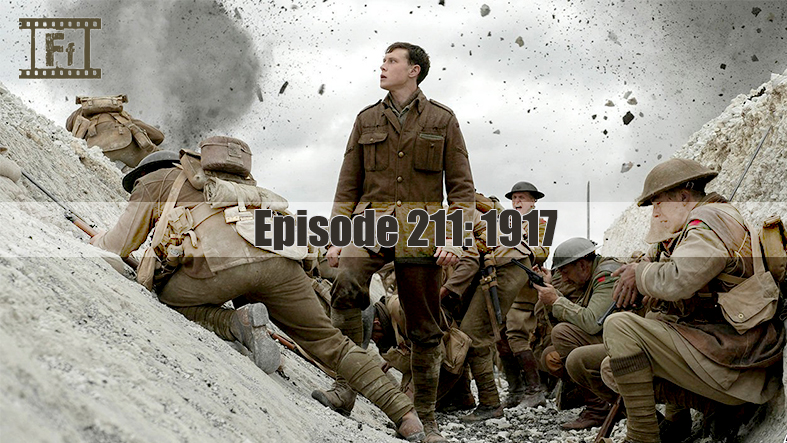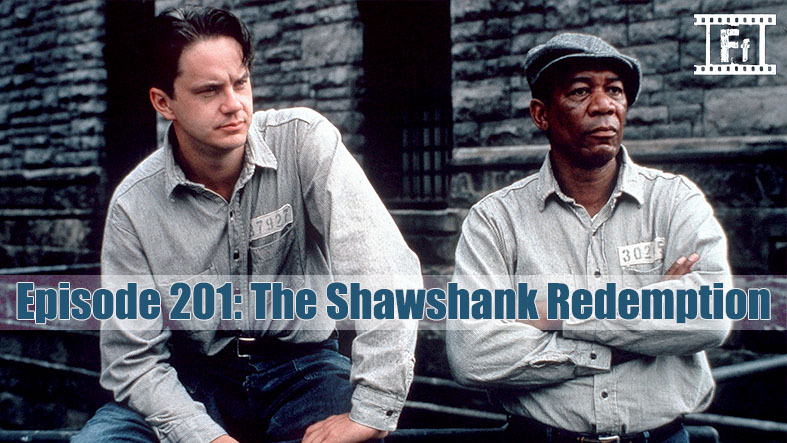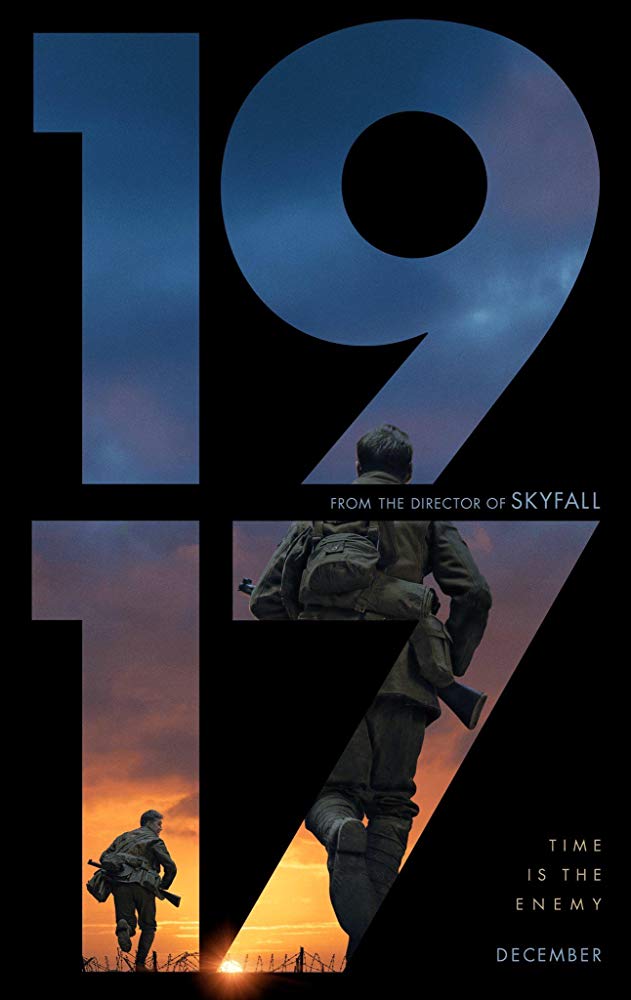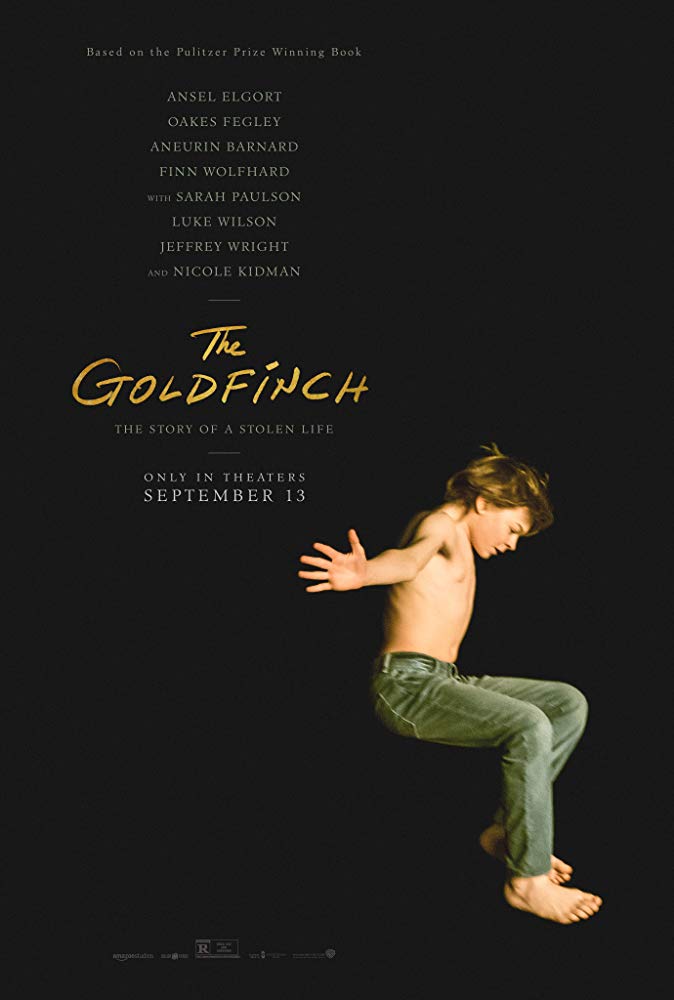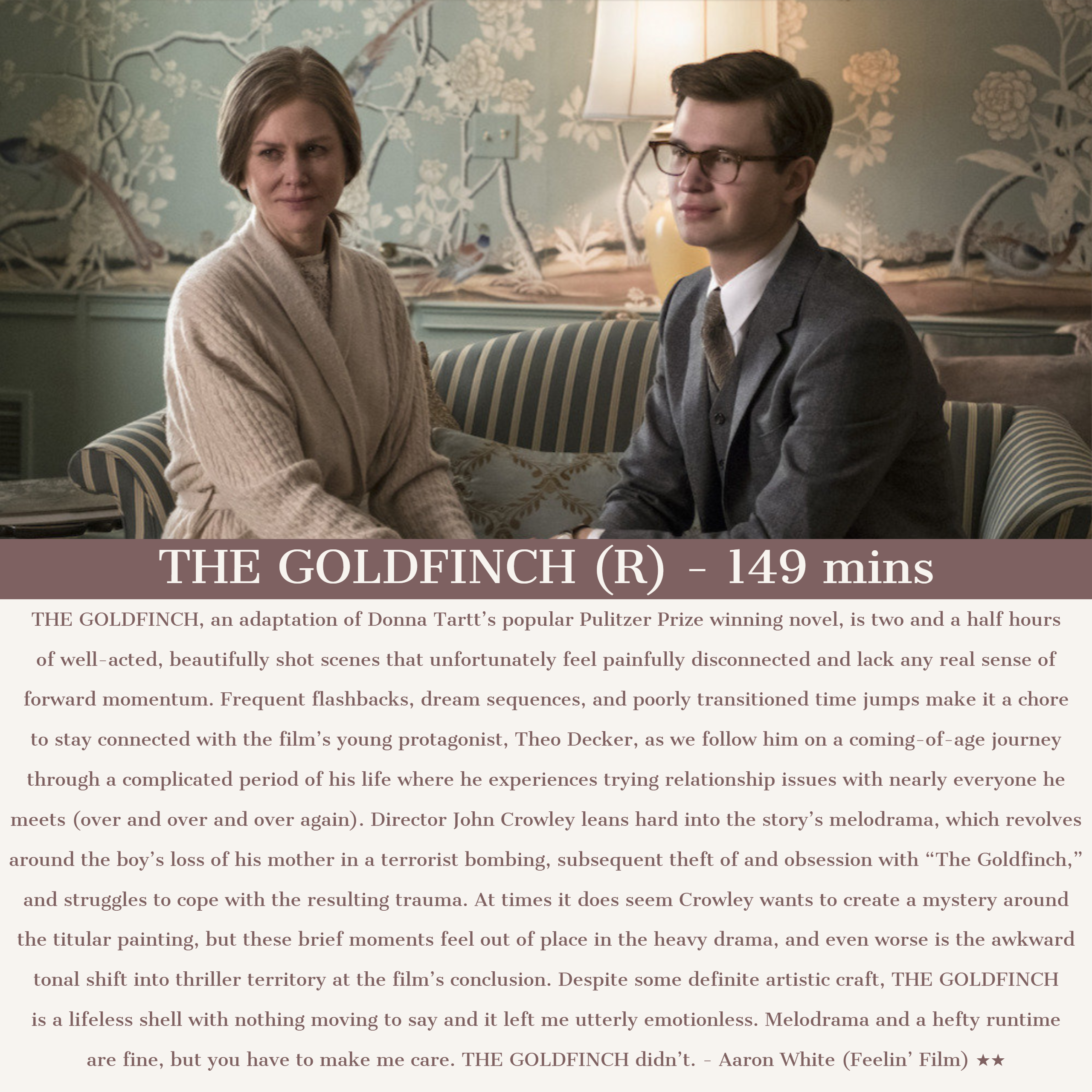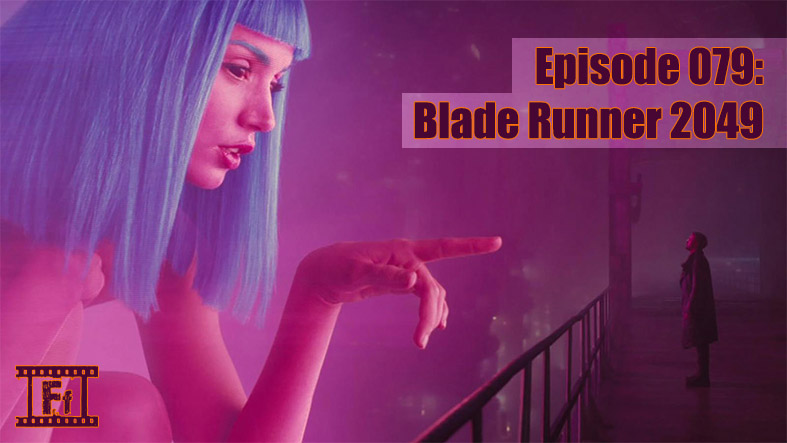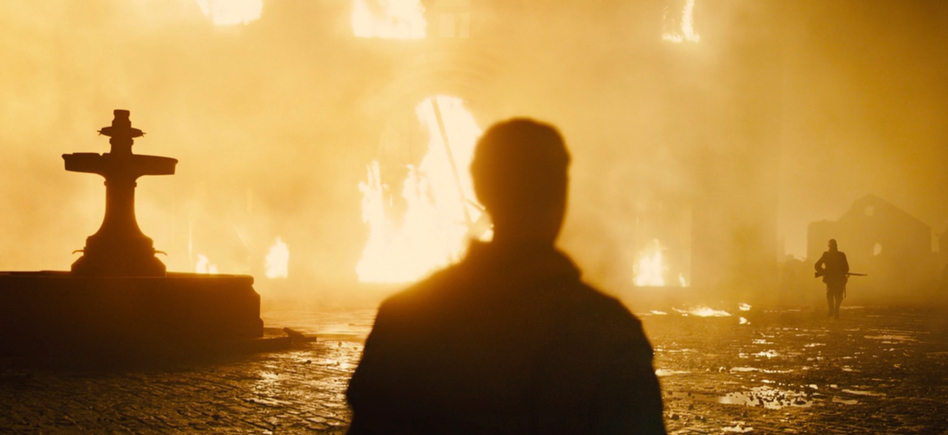
Practically every conversation about Sam Mendes’ new WWI epic “1917” is going to include the word gimmick, as it relates to the film’s unique structure. This is because Mendes and all-time great cinematographer Roger Deakins have taken great care to craft a cinematic experience that feels as if the audience is following characters on a journey in one long single shot. Much like “Rope” and “Birdman”, two films that employed a similar trick to great effect, this single-take is merely an illusion. With the exception of one intentional break that makes perfect plot sense, Mendes relies on Deakins and the unreal editing skills of Lee Smith (who is also responsible for the same work on most of Christopher Nolan’s filmography, including “Dunkirk”, which this film is bound to be compared to) in order to bind together a collection of very long takes with brilliant transitions and provide the audience with an immersive experience unlike anything witnessed before. The result of this choice is that viewers may feel almost like they’re in a virtual reality video game, as a silent traveling companion to the film’s main characters. This heightens the viewer’s awareness to the point of always observing surroundings just as the soldiers do. We check the horizon for the enemy, hold our breath during daring escapes, and feel our bodies tighten with anxiety as the intensity picks up and the clock ticks down. So despite the negative connotation that typically is applied to using the word gimmick, this is not the ill-advised attempt at Smell-O-Vision from the 1960’s or the failed D-box technology launched with “Fast and Furious” in 2009. Like the viral marketing of “The Blair Witch Project” or the twelve-year filming cycle of “Boyhood”, this film’s single-take design elevates it to become one of the most captivating films ever made in its genre.
There isn’t a lot to be said about the film’s plot, inspired by stories Mendes’ grandfather shared with him about his time in World War I, as it’s fairly simple and straight-forward. The movie begins with two soldiers, Blake (Dean-Charles Chapman) and Schofield (George MacKay) being sent on an urgent mission through enemy territory, to deliver a message to the front lines which will stop 1,600 of their fellow soldiers from walking into a German trap. Among these 1,600 men is Blake’s older brother, giving him a very personal drive to succeed. Suffice to say – the stakes are high. Their journey plays out much like that of Sam and Frodo in “The Lord of the Rings”, though at a much-heightened pace. Along the way, they face obstacles that must be overcome (both from enemies and the environment), strangers they must rely on for help, and difficult moral choices that must be made while traversing the flawless sets of production designer Dennis Gassner. Both Chapman and MacKay offer emotionally compelling and difficult physical performances that are not over-dramatic but capture the internalized pain and fear of their situation in a very moving way. Not to be forgotten is also a tremendous supporting cast featuring brief, never distracting, and impactful interactions for the main pairing with acting giants such as Andrew Scott, Colin Firth, Mark Strong, Richard Madden, and Benedict Cumberbatch.

At a tight 110 minutes long, Mendes keeps the tension high throughout despite only a couple of big war scenes the likes of which you’d usually expect to see. The epic nature of “1917” is not in the scale of its recreated battles, but in the enormity of the task at hand and the way in which the film looks at World War I (and by proxy all war-fighting, really) from the ground-level view of those who fight, cry, and die in the trenches. That being said, due to the incredible sound editing, when there are bullets flying on screen it feels like they’re buzzing through the air right in your theater – to the point that some viewers will slink in their seats or even jump unexpectedly. Another element that contributes so greatly to this immersion is Thomas Newman’s magnificent score. In lieu of constant dialogue and grand speeches, his work provides the emotional context we need and aids our characters’ body language in ensuring we are astutely aware of their mindset at any given moment. In a career of tremendous work, this could be his best, and like Deakins, he could easily be hearing his name called on Oscars Sunday.
“1917” is an astonishing exercise in immersion that will leave you utterly shaken. It is a true technical marvel, with emotional power that creeps up slowly, and then forces the viewer to reconcile with the futility of war in a manner that lingers long after the credits roll. The film is stunning on every level, a tour-de-force in the genre, and an absolute must-see theatrical experience.
Rating:

Aaron White is a Seattle-based film critic and co-creator/co-host of the Feelin’ Film Podcast. He is also a member of the Seattle Film Critics Society. He writes reviews with a focus on the emotional experience he has with a film. Follow him on Facebook and Twitter to be notified when new content is posted.

